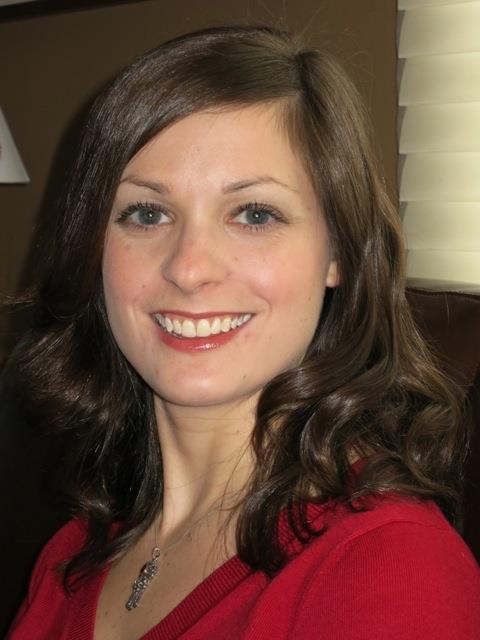
One year ago, I signed the Tyler Clementi Foundation’s Upstander Pledge. In doing so, I promised to make others feel safe and included, to speak up if I see bullying occur and not to use offensive or homophobic language.
As is any promise, saying it is much easier than doing. But since I have signed the pledge, I have been compelled to uphold those words in my everyday interactions. Pledging to be an Upstander means you need to actively engage in situations that may be uncomfortable for you and may test the relationships you have with others. But if we are to ensure safe spaces for LGBTQ and other vulnerable youth, we need to ensure we pay attention to our actions and especially to the language we use. To illustrate this, I’d like to share an Upstander story of my own.
A few weeks ago during a family BBQ, my very Italian, somewhat macho, but incredibly lovable uncle, who’s also my godfather, flippantly said, “Tennis players are so gay!” while watching a US Open match. In response, I calmly challenged my uncle about his usage of the term “gay.” I asked, “What do you mean by gay? Do you mean they look silly? Do you mean they look girly with their colorful, fashionable outfits?” To which he sheepishly replied, “OK, I really mean that they look silly.” And rather than it being an awkward moment, there was some humor involved, and I think my uncle got the message loud and clear: the language we use matters.
The language we use DOES matter. Whether in the privacy of our own homes, at a dinner party with friends or work function, or spending time with our families, it’s important to remember that just because a gay or lesbian person is not in the room doesn’t mean it’s OK to use offensive language. Being an Upstander means that you have an opportunity to be an example for others by not using offensive language. It may mean that the next time my uncle wants to use the word “gay” in another situation, he will choose to use a more appropriate one. And in doing so will make the space around him more welcoming and inclusive. It’s that easy—by changing the words we use, we can make the world a safer, more respectful place for all.
